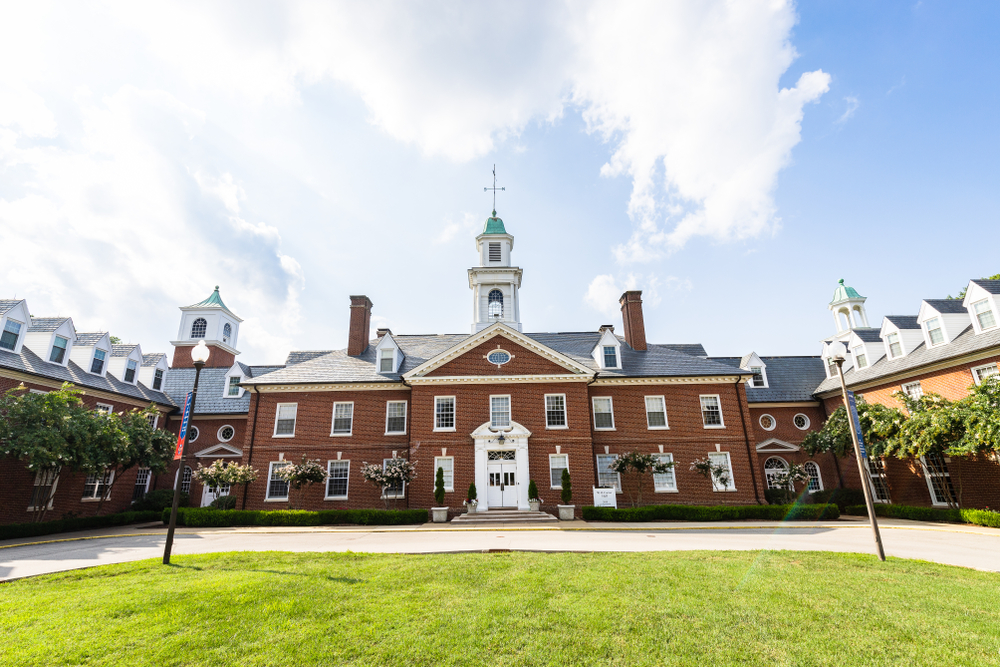In a groundbreaking development, Howard University is on track to become the first Historically Black College and University to attain Research-1 status. This prestigious classification is expected to be officially granted this spring, marking a significant milestone not only for Howard but for HBCUs across the nation.
What does R-1 status mean?
Achieving R-1 status is a transformative step for Howard University. This designation will enable the institution to access increased research funding and attract top-tier faculty members. According to Bruce Jones, senior vice president for research at Howard, this elevation will enhance the university’s ability to serve historically disenfranchised communities, thereby fulfilling its mission more effectively.
New Carnegie Classification requirements
The pathway to R-1 status has been made more accessible due to updated Carnegie Classification requirements. Under the new guidelines, universities need to award only 70 doctoral degrees annually and invest a minimum of $50 million in research to qualify for R-1 status. Howard University has already surpassed both of these benchmarks, positioning itself favorably for this recognition.
A historical context
Howard University previously held R-1 status but lost it in 2005 due to stricter requirements. The American Council on Education’s recent simplification of these criteria has opened the door for Howard to reclaim this important designation. However, it is crucial to acknowledge the systemic barriers that have historically hindered HBCUs from achieving such status. During the Jim Crow era, policies that enforced racial segregation often favored predominantly white institutions, resulting in unequal funding and resources.
Systemic racism and its impact on HBCUs
As Adam Harris, author of The State Must Provide, points out, systemic racism has played a significant role in limiting HBCUs’ ability to award graduate degrees to their predominantly Black student populations. While HBCUs have worked tirelessly to build robust research programs, they have often faced discrimination and inequitable funding compared to PWIs.
Looking ahead: Maintaining R-1 status
Howard University is committed to not only achieving R-1 status but also maintaining it. Bruce Jones emphasized the importance of investing in research infrastructure, hiring exceptional faculty, and fostering partnerships with other HBCUs to ensure sustained success in research endeavors.
Leading the way for other HBCUs
In addition to its pursuit of R-1 status, Howard University is also taking the lead in establishing an HBCU consortium through its University Affiliated Research Center. This initiative, which includes a $90 million research contract with the Pentagon, will focus on developing tactical autonomy research for the Air Force. Such projects not only enhance Howard’s research capabilities but also set a precedent for other HBCUs to follow.
As Howard University stands on the brink of achieving R-1 status, it symbolizes a significant victory for HBCUs and the communities they serve. This milestone not only reflects Howard’s commitment to academic excellence but also paves the way for future generations of scholars and researchers from historically marginalized backgrounds. The journey towards R-1 status is a testament to the resilience and determination of HBCUs in overcoming systemic barriers and striving for equity in higher education.
















